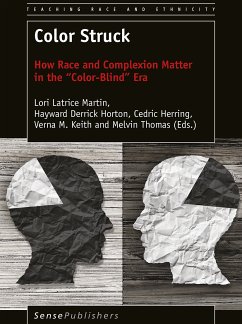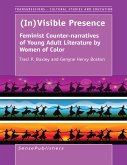Skin color and skin tone has historically played a significant role in determining the life chances of African Americans and other people of color. It has also been important to our understanding of race and the processes of racialization. But what does the relationship between skin tone and stratification outcomes mean? Is skin tone correlated with stratification outcomes because people with darker complexions experience more discrimination than those of the same race with lighter complexions? Is skin tone differentiation a process that operates external to communities of color and is then imposed on people of color? Or, is skin tone discrimination an internally driven process that is actively aided and abetted by members of communities of color themselves? Color Struck provides answers to these questions. In addition, it addresses issues such as the relationship between skin tone and wealth inequality, anti-black sentiment and whiteness, Twitter culture, marriage outcomes and attitudes, gender, racial identity, civic engagement and politics at predominately White Institutions. Color Struck can be used as required reading for courses on race, ethnicity, religious studies, history, political science, education, mass communications, African and African American Studies, social work, and sociology.
Dieser Download kann aus rechtlichen Gründen nur mit Rechnungsadresse in A, B, BG, CY, CZ, D, DK, EW, E, FIN, F, GR, HR, H, IRL, I, LT, L, LR, M, NL, PL, P, R, S, SLO, SK ausgeliefert werden.









